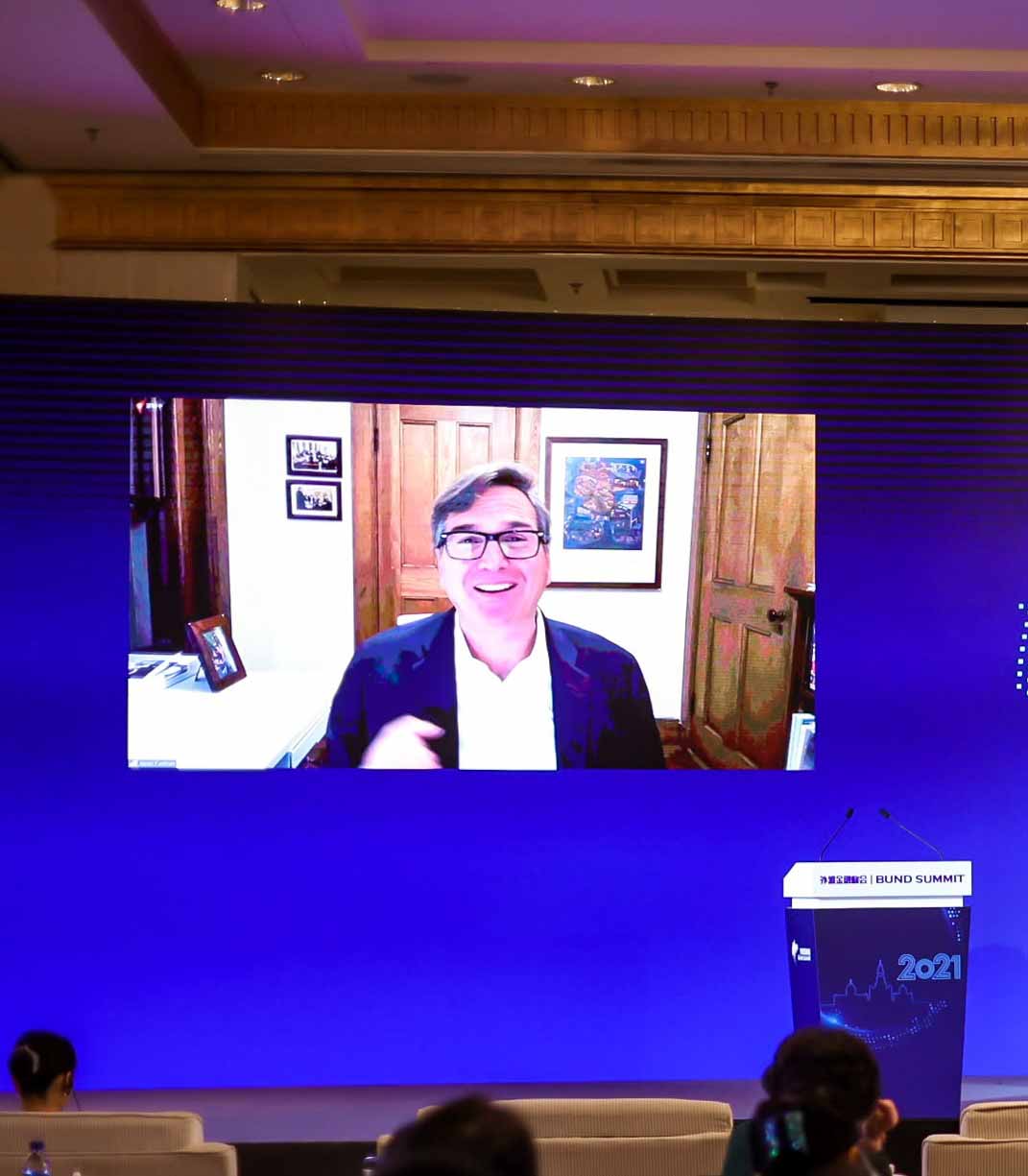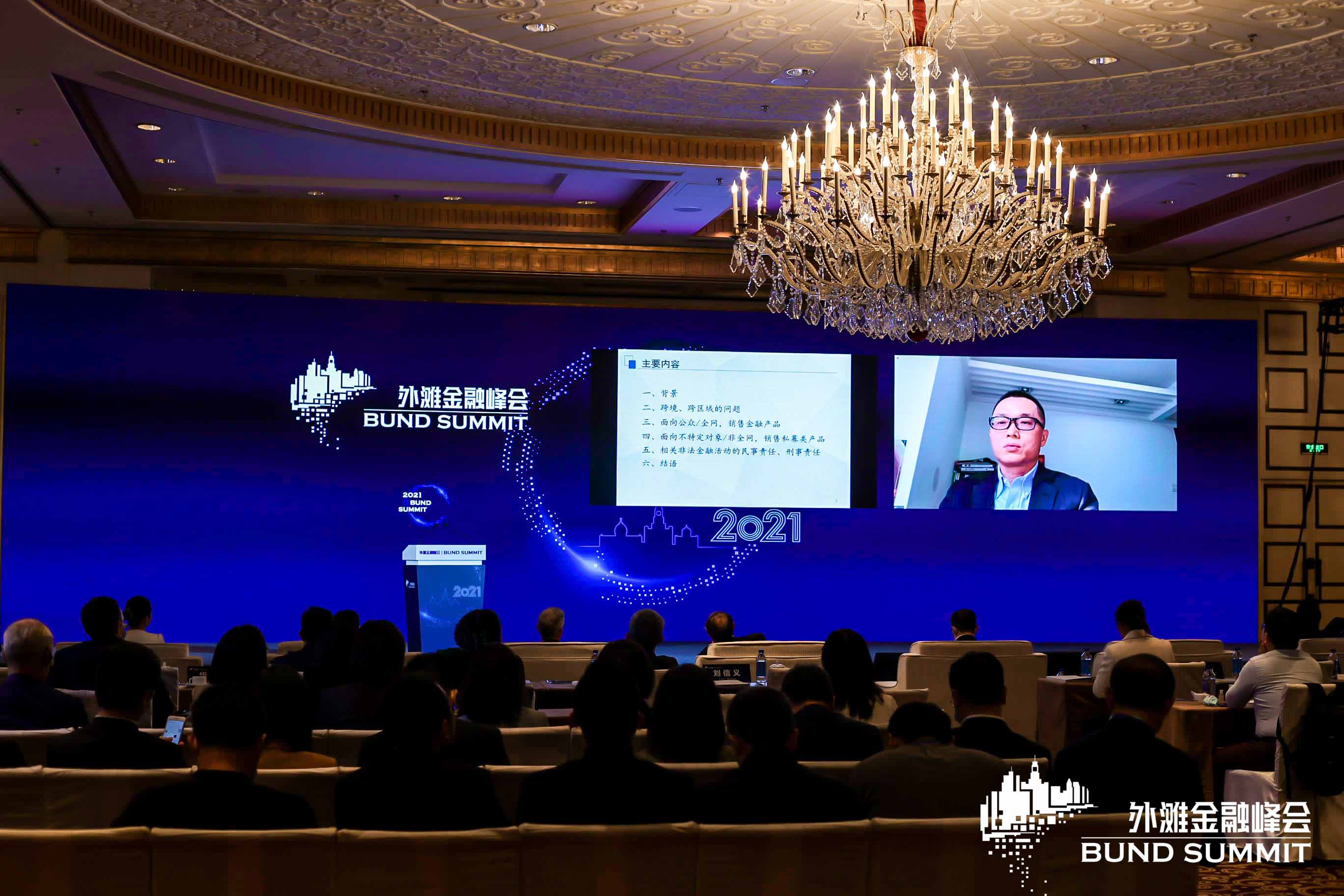

And so far, what we think here at the BIS is that this increase in inflation is transitory, but that doesn't take away that central banks need to be very vigilant, and therefore, they need to start preparing the ground to remove these extraordinary accumulation. At the same time, we know that a plentiful liquidity also induces channelization of resources to financial markets, oftentimes too risky. And even though we still feel that the financial stability is not yet threatened, yet we have seen very rich markets, and it would be important to start considering removing some of the liquidity that is out there to assure financial stability as we move into the future.
But I feel that the central banks that are well prepared in particular the ones in Asia.
I would say, very pernicious cycles that can be generated with a mix of technology and lack of adequate regulation…More than anything, if this process is being geared by companies that are not subject to the same type of regulation than incumbents, it can really affect the stability of the financial system. I think what is very important is that we have the same type of activity to same type of regulation. I think many of these global or these big techs are systemic. And as we regulate systemic banks or systemic infrastructure in finance, I think that those concepts need to be applied also to the participation of big tech into financial activity.

Agustín CARSTENS
General Manager, Bank for International Settlements


There are three benefits of CBDC, like making payment easier, enabling financial inclusion and improving cross-border payment. But there are also some risks, e.g. banking-sector disintermediation and the macro-financial risks.
Many countries worry that “digital dollarization” or “digital yuanization” would undermine their own domestic currencies. So that is part of the motivation to develop their own CBDC. And this is why there are so many countries today that are looking to develop central bank digital currencies. The central bank wants to make sure that CBDC is absolutely safe that is not going to be used for terrorist or criminal activities or disrupting the domestic financial system. So a lot of thought has to go into the design features and how exactly the CBDC is being run.

Tobias ADRIAN
Financial Counsellor and Director, Monetary and Capital Markets Department, IMF


I think there's a lot more we can do to tip the playing field in a direction that enables more new businesses to enter and keeps existing businesses on their toes. It is important is to set up a pro-competition digital regulator that takes an ex-ante approach and doesn't just wait until after the fact, because the wait can be take too long in a digital market.
On the tech side, it's a little bit easier. For medium-sized or small-sized companies, we can leave them free to innovate in whatever way they want. On the financial side, though, when regulation is about protecting the safety of the financial system and the like, you need to regulate regardless of the size.
I think competition is complementary to privacy. Everything we've talked about in terms of competition would help in terms of privacy.

Jason FURMAN
Aetna Professor of the Practice of Economic Policy, Harvard Kennedy School (HKS) and the Department of Economics at Harvard University
Watch the highlights













